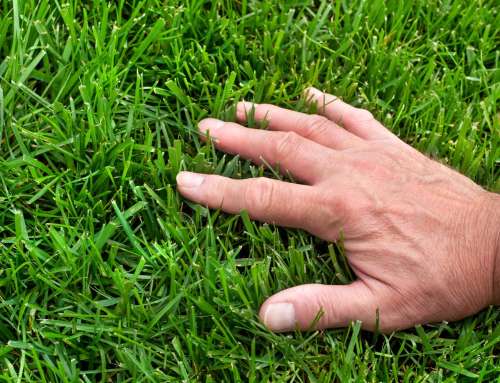When a tree falls in your yard, the first question many homeowners ask is, “Will my insurance cover this?” The answer depends on several factors, including what caused the tree to fall, the tree’s location, and the damage it caused.
What Caused The Tree to Fall?
Most homeowner’s insurance policies cover fallen trees if the fall was due to a “covered peril,” such as a windstorm, lightning, or a car accident. However, if the tree fell because it was dead, diseased, or poorly maintained, insurance may not cover the tree removal or any damages it caused.
What Damage Was Caused by the Fallen Tree?
If the fallen tree damages a structure on your property, such as your home, garage, or fence, most policies will cover both the damage and the tree removal. Without structural damage, some policies will still cover tree removal, but only up to a certain amount, often around $500 to $1,000. If the tree merely fell in your yard without causing damage, you might need to cover removal costs yourself.
How Do I Determine Who Owns The Fallen Tree?
If your neighbor’s tree falls into your yard, the general rule is that you handle removal and damage on your property. However, if you previously warned your neighbor about the tree’s dangerous condition, your insurer might help recover costs from them.
How To Prevent Future Damage From Falling Trees?
Regularly inspect trees on your property for signs of disease, leaning, or dead branches. Proactively removing risky trees can help avoid costly surprises and keep your yard safe.
While your homeowner’s insurance can help in many cases, it’s best to review your policy and check with your insurer for details specific to your coverage. Regular maintenance and tree inspections are the first line of defense for a safe, worry-free yard.






